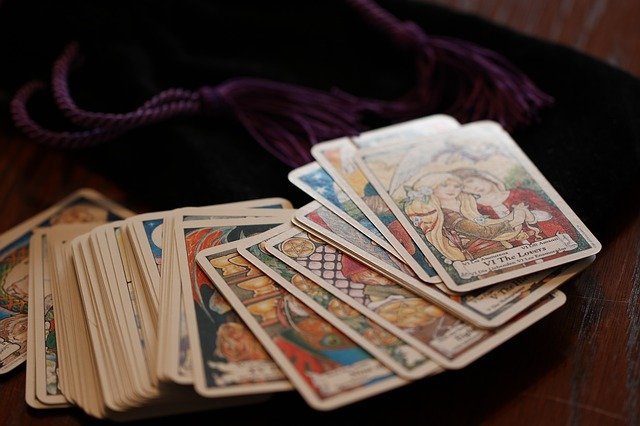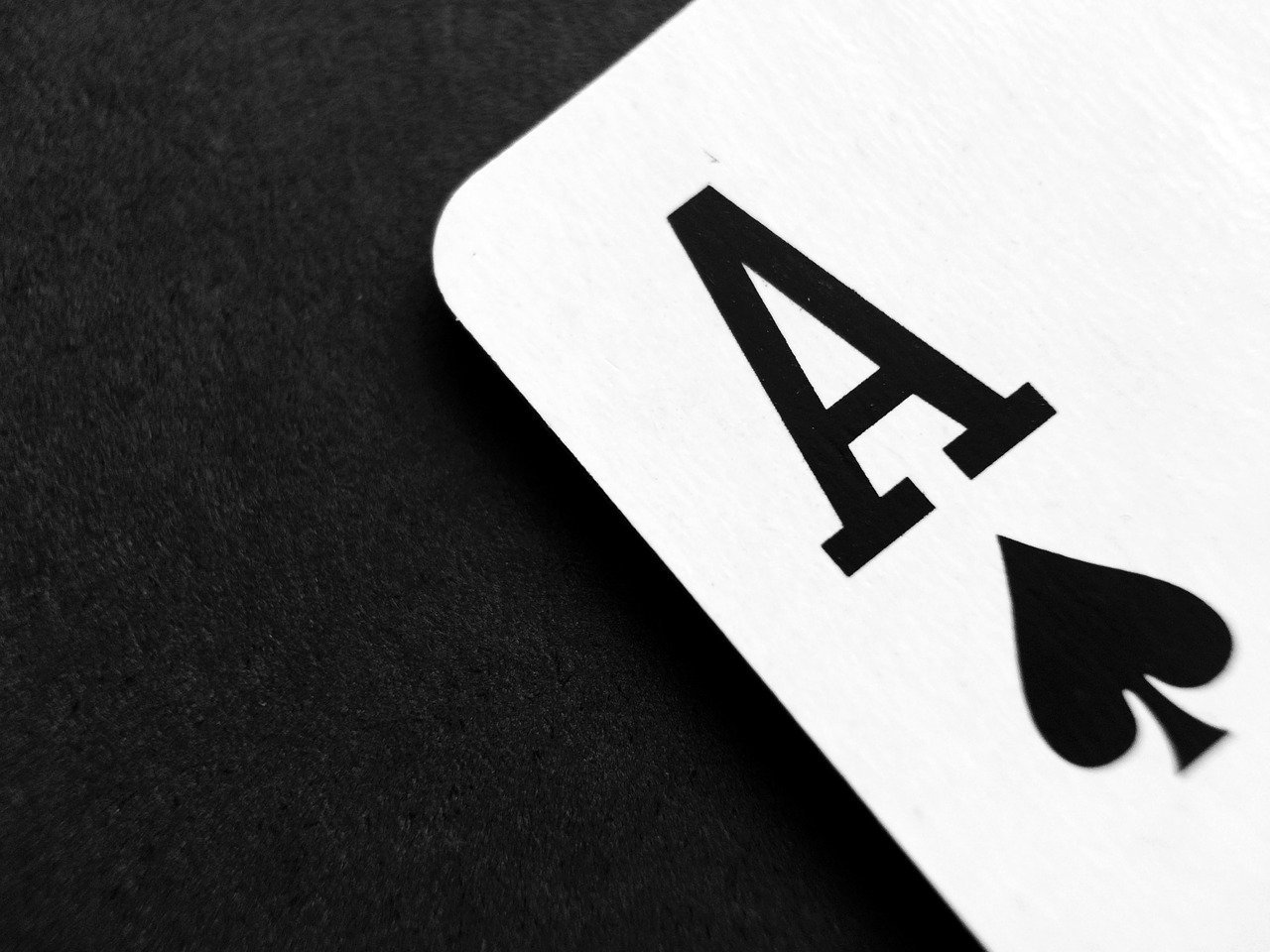How Many Decks of Cards For Poker?
There are a lot of questions about the question of how many decks of cards for poker you should have in your possession before you start playing poker. Many times people don’t even know how many decks they should keep around and then they sit down to play with their friends and just have too much to drink and end up having a few too many players at the table and throwing the cards away. If this is happening to you, do not feel bad because you were probably a little under prepared. Just be honest with yourself and know that sometimes preparation is the key to success when it comes to poker and the card game.
I’m going to assume for the sake of this explanation that you are asking how many decks of cards for poker that you should keep on hand before you sit down at the poker table. There are actually a few other issues to address about how you are going to get the most out of your poker game. You also need to consider how many decks of cards for poker you need to buy. These two things combined will determine how many decks of cards for poker you need to purchase.
Now, I want to make a quick point about why so many people are very misinformed about the number of decks of cards for poker that they should be carrying around before they start playing poker. In poker, you have to remember that you are always bluffing. When you’re doing this, you need to leave your opponents in doubt as to what you are actually holding when you sit down at the table. If you have too many decks of cards for poker, your opponents will doubt everything you are holding and they may start to play a little conservatively or aggressively without realizing that they might be holding something that they really don’t have. This can be a big problem for you if you don’t remember to purchase the right number of decks of cards for poker when you first start learning the game.
There are three different types of poker cards that you should know about. There are the community card, the rare card, and the common card. The most common card that you should be aware of is the “common card”. This is the card that is dealt to everyone in the game. Every time you would reshuffle the deck or deal new hands, you would have to deal with the common cards first.
Now, here’s where it gets interesting. When you’re dealing with these “common” cards, it is extremely important to know how many of each you should be bringing with you. There is only one good way to evaluate how many of each card you should be bringing with you to the table. And that’s by figuring out how many “rare” cards you think your opponents might have. Remember, you can’t possibly count on your opponents – ever – so you have to estimate the number of cards that they might have.
How many “rare” cards are there that are in your opponent’s deck? Well, since you can’t possibly guess, the only way to find out the answer to this question is to actually go into the game and count the cards. Once you have the number of “common” cards plus the number of “rare” cards that your opponents might have, then it’s very easy to see how many decks of cards for poker you will need to buy or rent.
Now that you’ve figured out how many decks of cards for poker you’ll need, you should also think about what kind of cards to get. If you’ve never played poker before, then you should probably stick with standard cards like the jokers and the royal cards. These standard cards are usually excellent starting hands when you’re just learning how to play poker. They will let you start off with a hand that isn’t likely to lose but will probably give you a lot of cards in exchange. On the other hand, if you’ve played poker before, then you’ll probably want to purchase some expensive cards like the Ace/King or Queen/Deckard Jacks.
Of course, once you know which cards you need to get, you’ll probably want to focus on those two slots. It’s best to stick with commons because commons are usually very good investments – they’re usually solid, they’re relatively cheap, and they’ll win you the majority of games that you play. It’s hard to go wrong with commons, especially if you know the kind of person that you’re dealing with. If you’re constantly winning with a pair of jacks or an ace, then you should stick with those cards.





